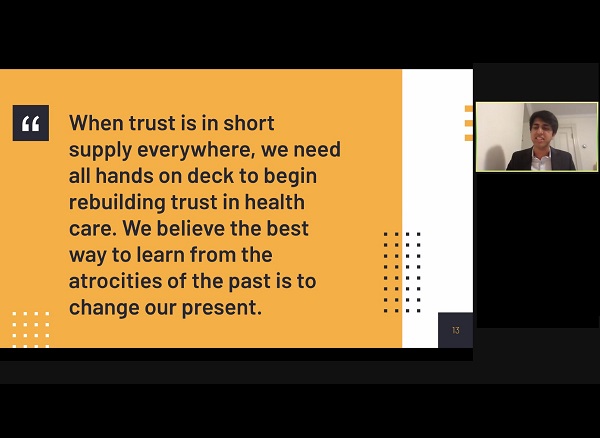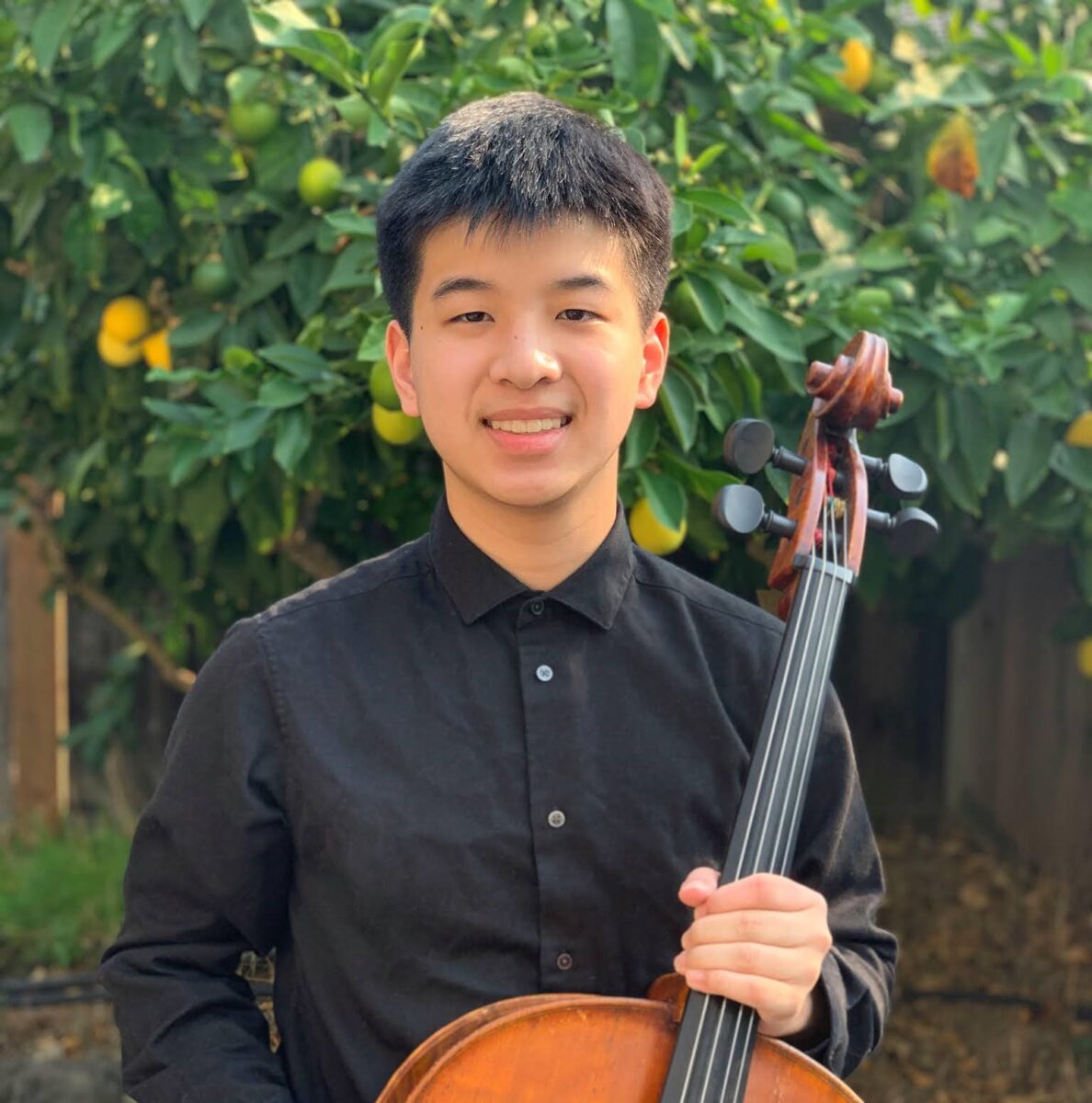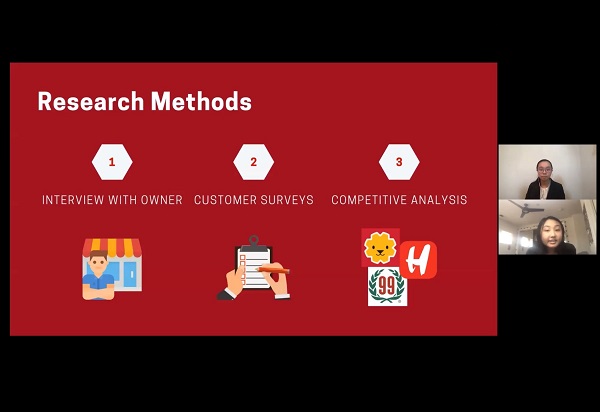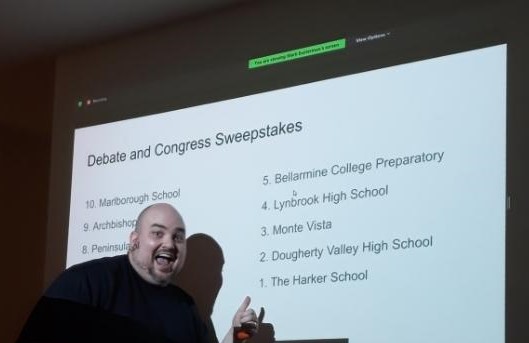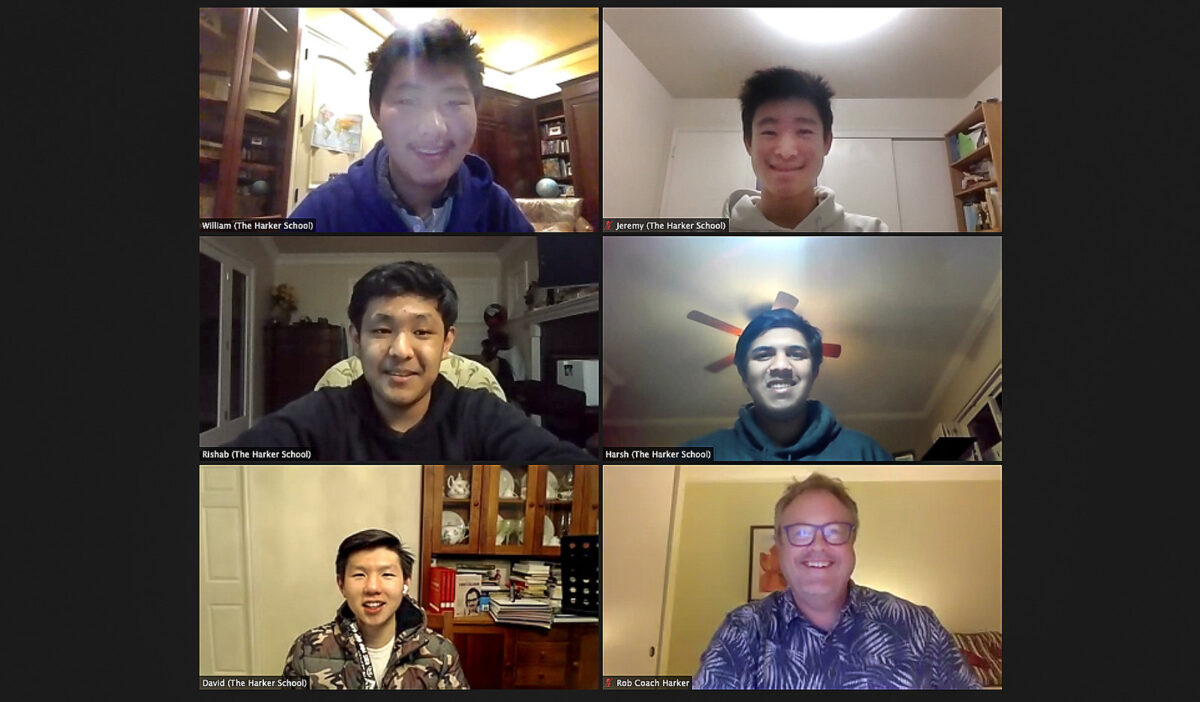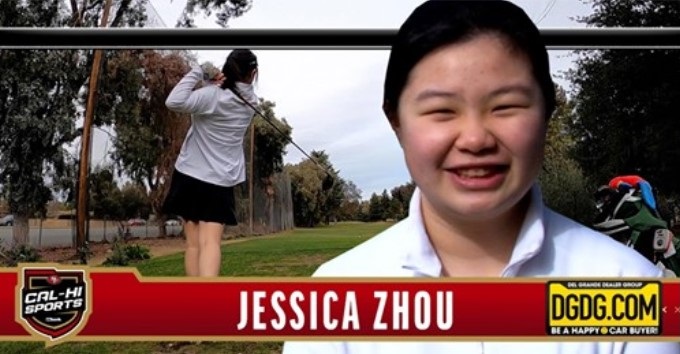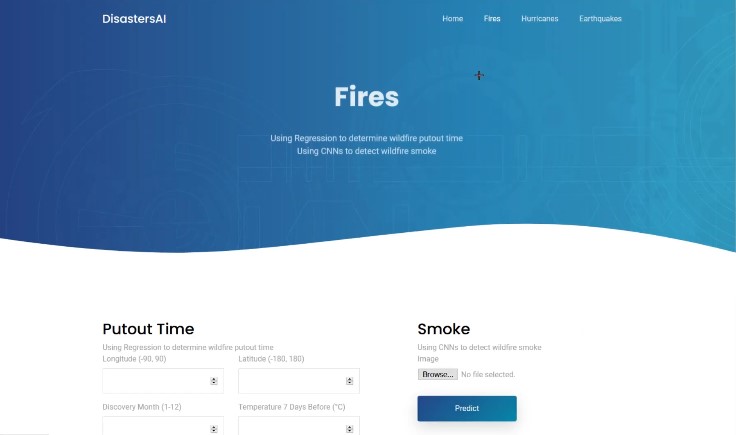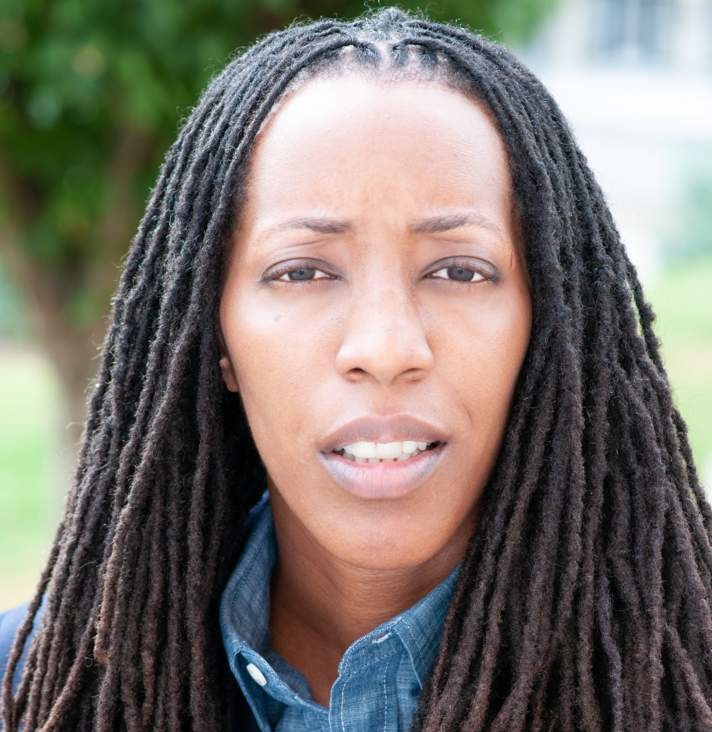On Feb. 18, a special panel on fashion was held with Arjun Kilaru ‘19, Jill Milan founder Jill Fraser, and upper school English teachers Nicholas Manjoine and Pauline Paskali.
Upper School
Bajaj ’20 speaks to students on racism in medicine
Last week, Simar Bajaj ‘20 gave a presentation to Harker students to expand on the points made in an essay he co-wrote that was published in the New England Journal of Medicine in January.
Junior wins second prize in ENKOR music competition
Cellist Lucas Chen, grade 11, recently won second prize in the strings category of the ENKOR International Music Competition.
Major success for Harker DECA at Silicon Valley conference
From Jan. 11-14 135 students from the Harker DECA chapter attended the 2021 Silicon Valley Career Development Conference (SVCDC).
Harker speech and debate takes first place at UC Berkeley tourney
Harker was the first place overall school at last weekend’s Cal Invitational UC Berkeley speech and debate tournament.
Harker teams place high in regional DOE Science Bowl
VIDEO: Sophomore golfer featured on 49ers Cal-Hi Sports
Sophomore golfer Jessica Zhou was recently featured on 49ers Cal-Hi Sports as the DGDG Feature Athlete.
Students find success at multiple hack-a-thons
Two Harker students collected a series of awards at multiple international hack-a-thons.
Bettina Love delivers webinar on Black history, racism and abolition
To recognize the beginning of Black History Month, Harker’s Black Student Union and Student Diversity Coalition hosted a webinar by Dr. Bettina Love, the Athletic Association Endowed Professor at the University of Georgia and author of “We Want to Do More Than Survive: Abolitionist Teaching and the Pursuit of Educational Freedom.”
Harker students win nearly 200 awards in 2021 Scholastic Art & Writing Awards
Harker students pulled in a total of 189 awards in the 2021 Scholastic Art and Writing Awards, 73 in art and 116 in writing.

